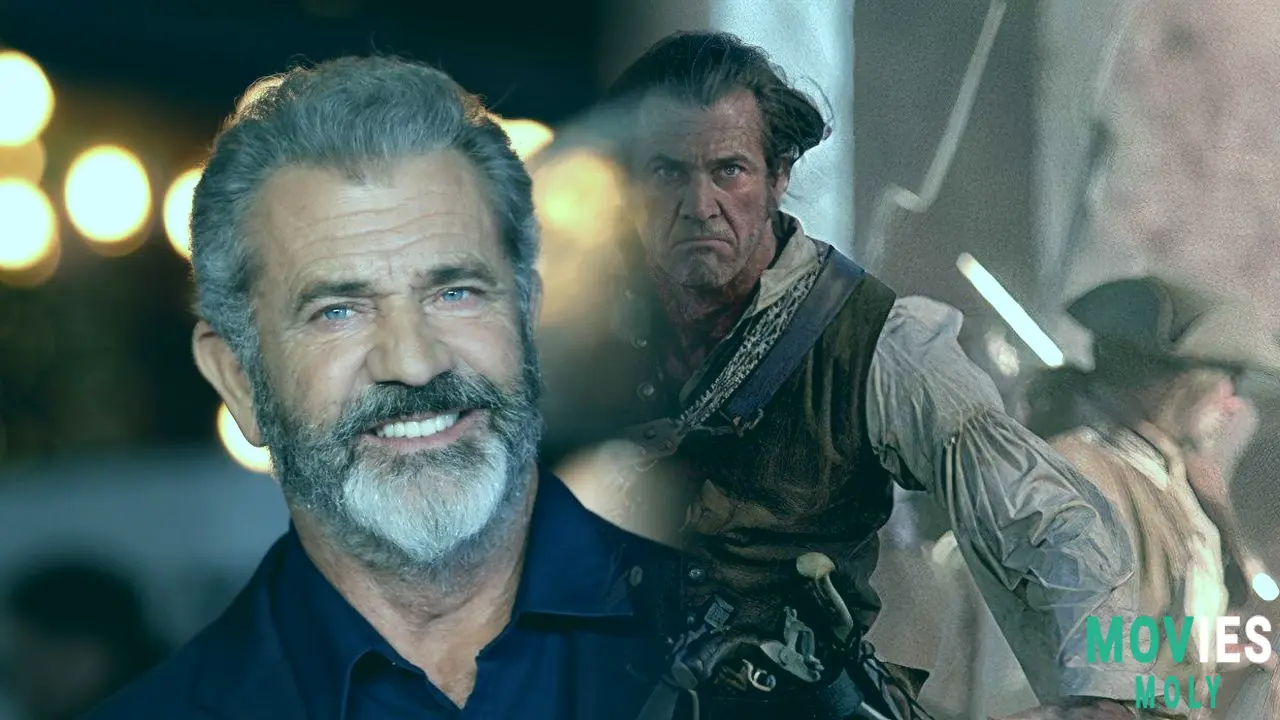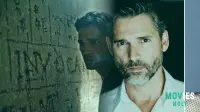Mel Gibson has a strange dualism that I find fascinating. Just a few days ago, I witnessed Gibson's Revolutionary War epic The Patriot reach number one on Paramount+, a 25-year-old blockbuster given fresh life by Independence Day nostalgia. Simultaneously, photographs emerged of Gibson immersed in prayer at Mount Athos' Serbian Orthodox monastery in Greece, preparing spiritually for his new film, The Resurrection of Christ. However, this spiritual trek and streaming breakthrough are set against a darker backdrop: indignation over £425 autograph fees and Jason Isaacs' honest observations on Gibson's "unforgivable" background. This is the defining conflict of Gibson's career: high artistic successes continuously clashing with self-inflicted problems that make full redemption seem forever out of grasp.
Gibson's intense performance on screen has always moved me. From Braveheart's freedom scream to The Patriot's paternal rage, he transforms vulnerability into searing performances. However, his genuine authenticity has mirrored turbulent personal issues, creating Hollywood's most captivating paradox. We want successful comebacks for our heroes, but Gibson's ongoing issues drive us to question if art can ever genuinely be detached from the artist. Even now, when he kneels at old monasteries and leads streaming charts, we are reminded that his legacy is still an unresolved fight.
The Patriot's Streaming Revival Showcases Gibson's Unique Blockbuster Power.Despite mixed reviews, the film's emotional punch continues to resonate.
Watching The Patriot resurge is like traveling back in time to the zenith of Gibson-era Hollywood. Roland Emmerich's epic combines patriotic zeal with heartbreaking familial trauma, as Gibson's Benjamin Martin transforms from reluctant farmer to furious revolutionary. Critics slammed it as melodramatic (that 62% Rotten Tomatoes rating still hurts), but I've always contended that the picture works precisely because of its raw emotional bombast. Gibson's admissions about researching the Revolutionary War struck a deep chord with me: "Man, the Continentals should have lost!" They earned their freedom by the mistakes of the other side... "It was all bungling and incompetence." That fragility drives Martin's arc; you can feel the desperate gamble in every scene.
The film's continuing appeal stems from its iconic villainy. Colonel Tavington, played by Jason Isaacs, remains one of cinema's most cruelly nasty adversaries, however the fact that Jude Law almost played the role surprised me! Could Law have delivered the frightening tea-cup danger as effectively? Doubtful. Gibson's Benjamin Martin required Isaacs' razor-sharp harshness as a counterweight. Today, as The Patriot leads streaming, it's evident that its formula - Gibson's star power combined with old-school epic filmmaking - is still effective despite shifting tastes.
Mount Athos Pilgrimage Highlights Gibson's Spiritual Contradictions.
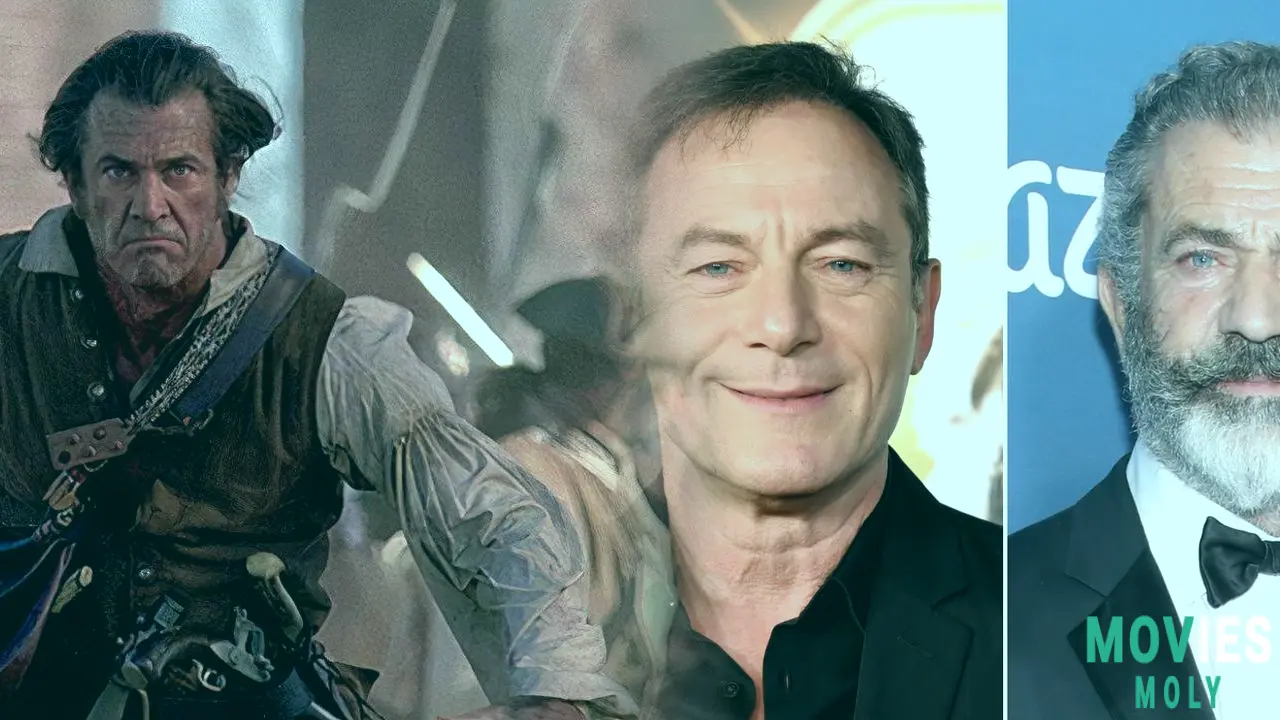
Preparing for "The Resurrection" at Orthodox Christianity's Holiest Sanctuary
Gibson's retreat to Mount Athos, where he reportedly stated, "I've never felt such a strong connection to God anywhere else as here," interests me because of its cinematic symbolism. He is researching his Passion sequel in a medieval enclave where women are forbidden and monks uphold centuries of Orthodox custom while escaping Hollywood's gaze. The photographs have the impression of Renaissance paintings, with Gibson deep in conversation with robed monks and studying icons in darkened chambers. This journey demonstrates his true devotion to Christian storytelling, yet it's impossible to ignore the contrast between Mount Athos' monastic ideals and Gibson's controversies.
As someone raised Catholic (like Gibson), I admire his dedication to spiritually complex work. But I also see why Hollywood is wary. The Mount Athos journey exposes the same tension that drove The Passion of the Christ: Gibson's evident veneration coexists with personal acts that appear to contradict the teachings he examines artistically. When cameras roll on The Resurrection of Christ in August, this spiritual preparation may deepen the film's realism, but whether it silences critics and his past indiscretions remains to be seen.
Autograph fees of $580 undercut Gibson's everyman persona.
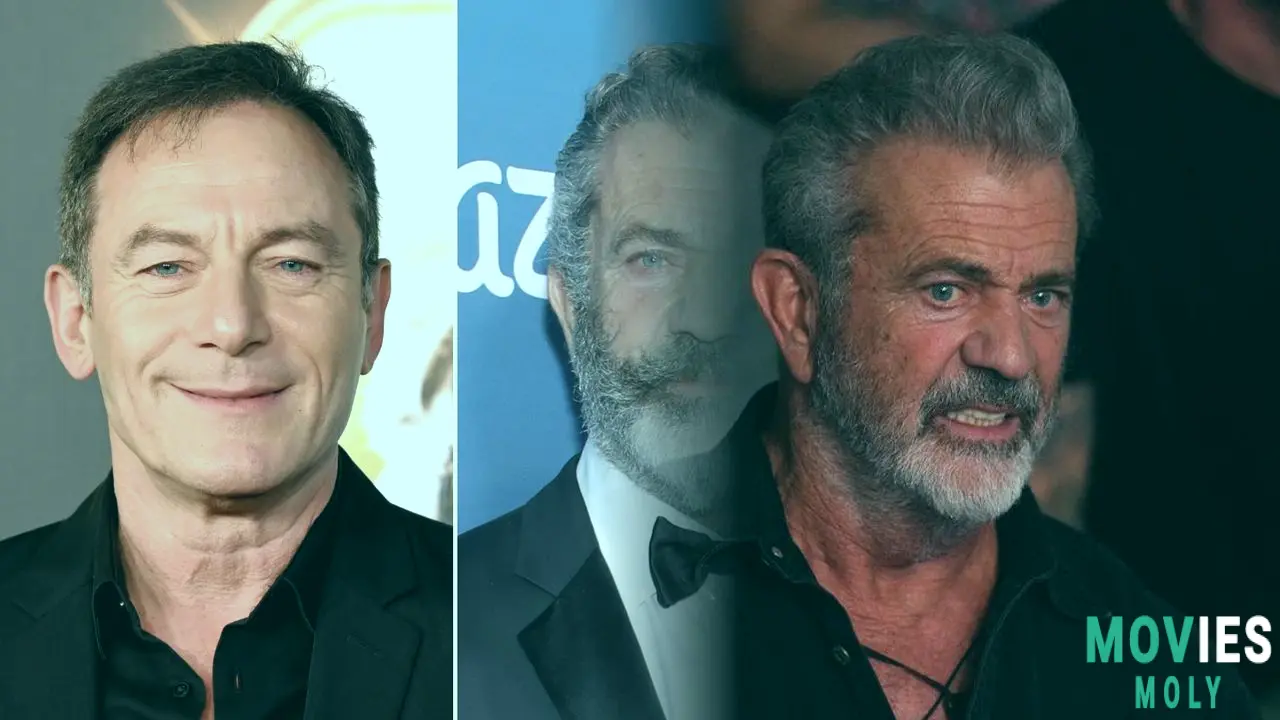
Cash demand contrasts sharply with Mount Athos humility.
Just days after his spiritual retreat, Gibson's participation at London Comic-Con stirred outrage for charging £425 ($580) for meet-and-greets. One fan's viral remark neatly encapsulated the mood: "Mel might be a millionaire, but I'm not." The optics couldn't be worse: praying with monks and then charging exorbitant fees from fans, whilst co-stars like Danny Glover charge a pittance. What happened to the sympathetic charm that made Riggs and Martin so memorable? This seems like a betrayal of the genuineness that endeared him to audiences.
I've met several fans who have saved for months to see their heroes, and pricing like this hurts. Gibson demanding £195 for a signature exemplifies Hollywood's separation from reality. Yes, conventions take advantage of celebrity scarcity, but when a $425 million actor treats his fans like ATMs, goodwill erodes. This debate hit me especially hard following the Mount Athos photographs; spiritual quest should not be used as a PR cloak for transactional fan connections. The timing indicates an abrupt disconnect.
Jason Isaacs' unflinching critique reveals unresolved tensions.
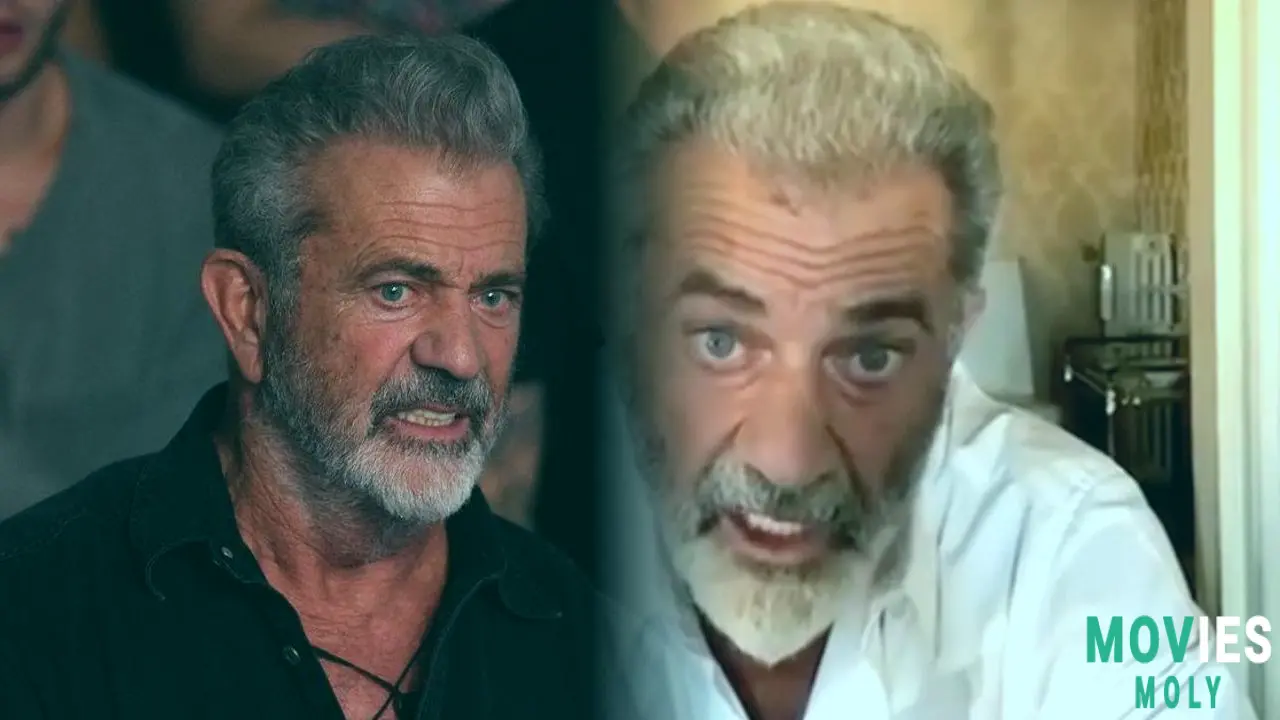
"Unconscionable and unforgivable" actions linger throughout Hollywood.
Jason Isaacs' recent Vulture interview struck me as the most honest public account of Gibson's lowest time. Isaacs confronted Gibson at a gathering, recalling his antisemitic DUI outburst from 2006: "I went, 'Rabbi Gibson, how are we?' "He was charming in person, but he has said and done some unconscionable and unforgivable things." That nuanced perspective resonates because it avoids both outright censure and empty absolution. Gibson allegedly informed Isaacs that he was "trying to get [the police] to shoot me" during the encounter, providing a firsthand view into self-destructive conduct.
Isaacs' stance reflects my own conflicting feelings: "If he knocked on my door tonight, I'd say 'Yes'..." "But he isn't my friend." This summarizes Hollywood's quandary with Gibson: appreciating the talent while accepting irreversible damage. Unlike Andrew Garfield's recent statement that Gibson deserved atonement ("he's done beautiful healing"), Isaacs allows for nuance. I admire the maturity of that approach; art should not force us to forgive everything. Gibson's partnership with Jewish filmmaker Roland Emmerich on The Patriot demonstrates his ability to produce respectfully; nonetheless, Isaac's words warn us that traumatic legacies endure long after apologies.
Gibson's legacy, like Benjamin Martin's, remains a battlefield.
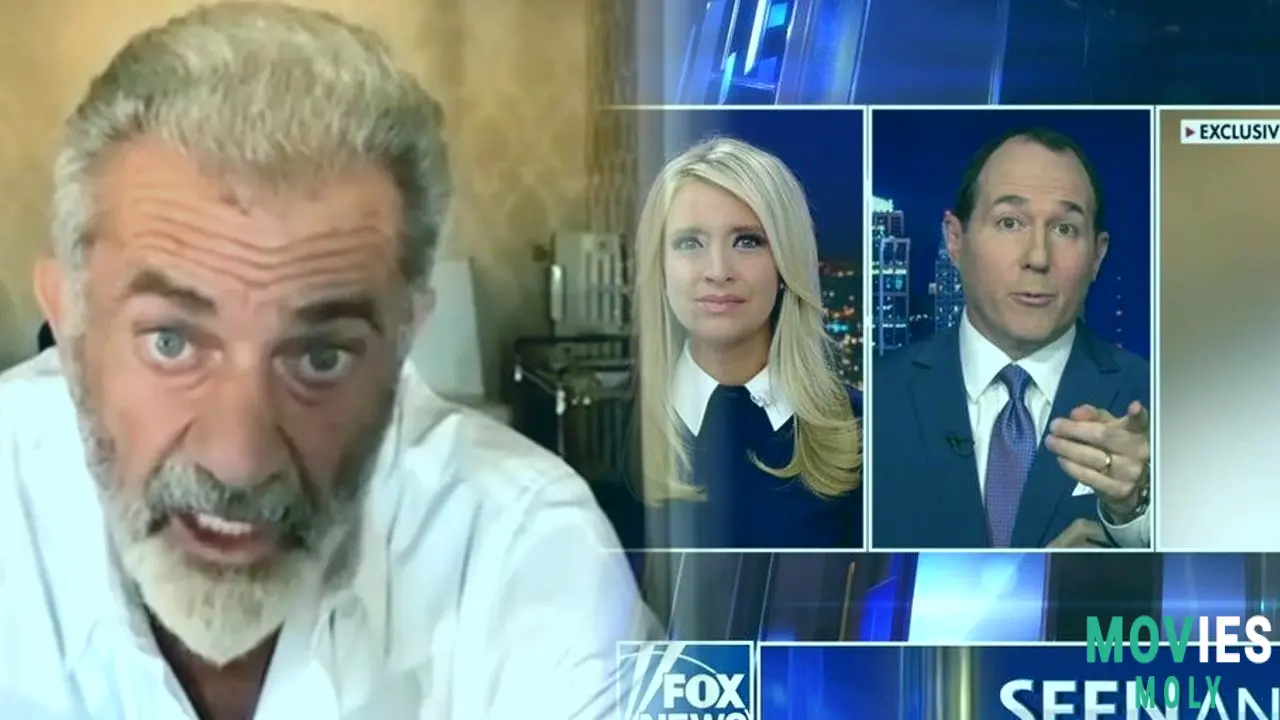
Can Art, Faith, and Controversy ever truly reconcile?
Watching Gibson kneel on Mount Athos while The Patriot leads the streaming charts is like witnessing opposite timelines: artistic appreciation coexisting with residual resentment. His career exemplifies a fundamental question: Can we divorce transcendent creativity from the artist's worst flaws? For me, Gibson's spiritual search and creative power will always be appealing, but recent developments highlight how his redemption story is unfinished. Excessive fan fees demonstrate the same distance that fuels personal controversies. Even Isaacs' nuanced tolerance indicates unsolved tensions.
The Mount Athos monks may personally guide him, but genuine public reconciliation takes more than retreats and blockbuster films. Earning back Hollywood's faith requires consistency, which those £425 autographs undercut. As The Resurrection of Christ continues, I hope Gibson embraces the transformation that these historic monasteries represent. Great work can arise from damaged souls, but our readiness to accept it is contingent on seeing accountability beyond PR redemption tours. Gibson's legacy is currently stuck between confession and commerce, a dilemma worthy of his own masterpieces.

